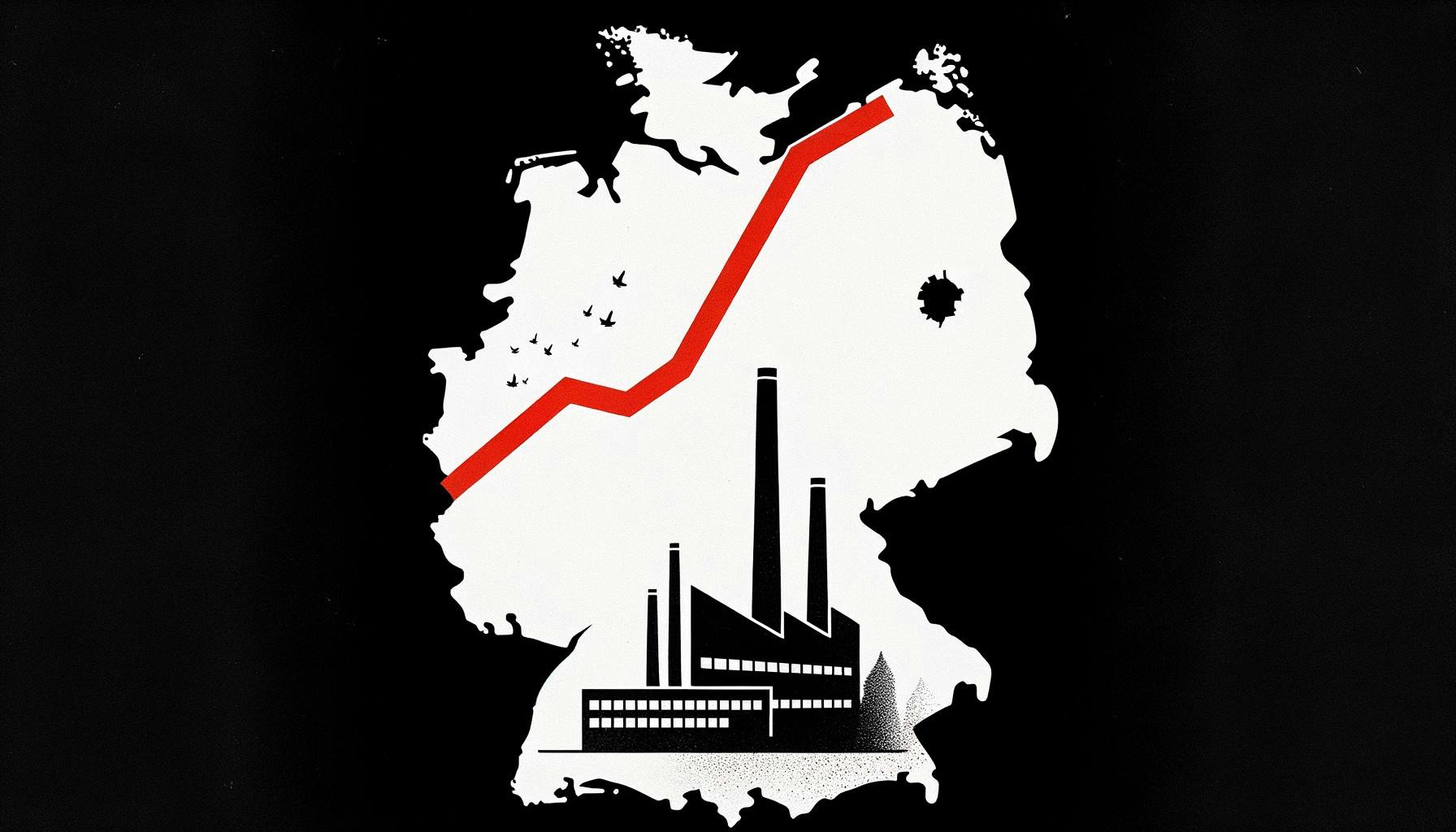What’s going on here?
Germany’s business activity shrank for the second consecutive month in August, with a deeper contraction than anticipated, according to Thursday’s preliminary survey.
What does this mean?
The HCOB German Flash Composite PMI, compiled by S&P Global, slid to 48.5 this month from 49.1 in July, missing the Reuters poll forecast of 49.2. Remember, a reading below 50 marks contraction. Germany’s economy, which contracted 0.1% in Q2, now shows no sign of picking up. This PMI measures service and manufacturing sectors, which represent over two-thirds of the eurozone’s largest economy. The services index dipped to 51.4 from 52.5 but stays in expansion, whereas the manufacturing index dived to 42.1 from 43.2, with analysts expecting a rise to 43.5. This reflects a severe downturn in manufacturing.
Why should I care?
For markets: Manufacturing drags on Germany’s economic engine.
Germany’s ongoing slump signals trouble for investors betting on a eurozone recovery. With a manufacturing index languishing at 42.1, the steep contraction in production is casting doubt on Germany’s growth prospects. For now, the markets should brace for a rocky ride, as the sector’s downturn might spill over, affecting even the relatively resilient services sector.
The bigger picture: Recession alarms ringing louder.
The Chief Economist at Hamburg Commercial Bank highlighted that Germany’s manufacturing recession shows no signs of easing and is starting to impact services. The increased likelihood of consecutive quarters of negative growth means recession concerns are mounting. As Germany is the eurozone’s economic powerhouse, its struggles could have broader implications for the entire bloc, potentially leading to more cautious monetary policy and slower overall economic growth in Europe.

